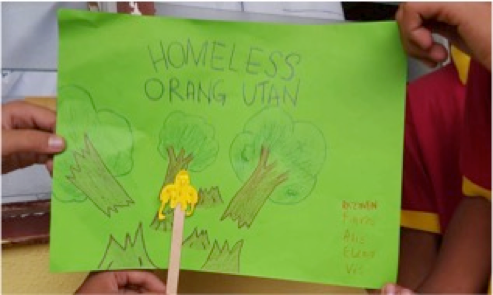The school curricula in many developed countries including Australia are being revised and rewritten to incorporate computational thinking and coding in classroom activities. More than 30 years ago, programming languages featured prominently in subjects like computer science that was offered to students in secondary schools. Students learned to write codes or programs using languages such as Basic, Logo, and Pascal. However, by the mid-1990’s, there was a shift away from computer programming because of a lack of qualified teachers. The more recent U-turn towards coding stems from the fact there is a global demand for computer programmers. In addition, coding also develops computational thinking skills in learners. This research aims to investigate QUT pre-service primary teachers’ abilities to design and develop classroom activities that can enhance computational thinking skills in their future students using coding. Through the lens of the technological, pedagogical and content knowledge (TPACK) framework (Mishra and Koehler, 2006), this research is investigating pre-service primary teachers’: 1) knowledge and understanding of computational thinking in coding activities and 2) their skills in creating and delivering STEM-focused classroom activities that develop students’ computational thinking, knowledge, and skills. Data analysis in underway. However, the initial results suggest that the current strategies on developing pre-service teachers’ technological, pedagogical and content knowledge on coding and computational thinking are enabling them to design and implement effective classroom activities.
Funding / Grants
- QUT-OER (2016)
